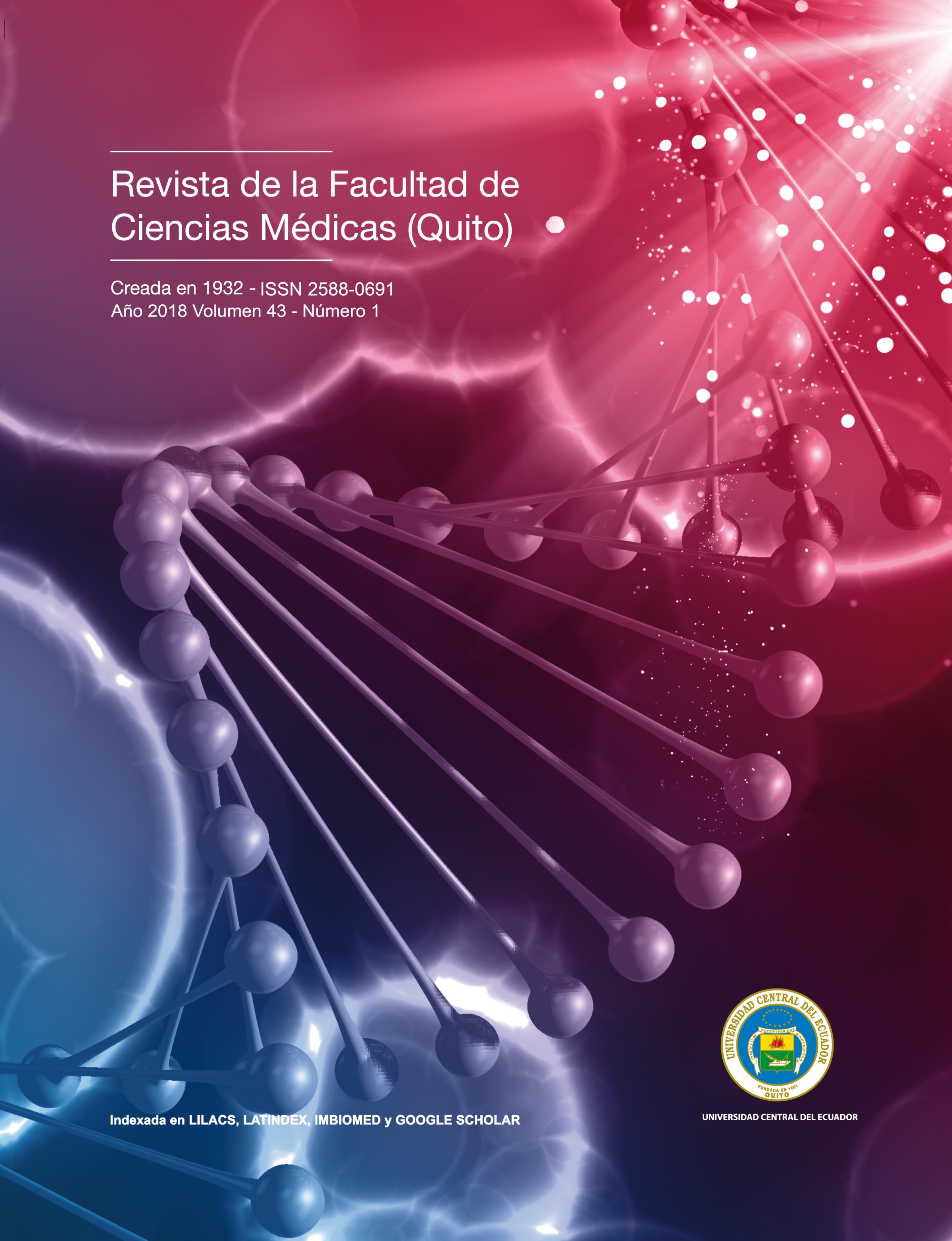La cirugía centrada en la persona
DOI:
https://doi.org/10.29166/ciencias_medicas.v43i1.1451Palabras clave:
Cirugía, Persona, HumanismoResumen
Contexto: la medicina centrada en la persona ha sido definida como “la práctica médica que se fundamenta en el respeto y seguimiento a las preferencias, necesidades y valores del paciente, elementos que deben guiar todas las decisiones clínicas.
Discusión: en respuesta al paternalismo médico, se han propuesto cuatro principios básicos relativos a la posición del médico ante su paciente: la autonomía, la beneficencia, la no maleficencia y la justicia.
El cirujano debe utilizar criterios realísticos, basados en estadísticas confiables y en la mejor evidencia clínica a fin de recomendar la mejor decisión terapéutica, evitando suscitar un optimismo inapropiado en el paciente y sus familiares. A veces, llegar a este umbral de pensamiento es difícil de obtener. Entre los principales obstáculos actuales a una medicina centrada en la persona se encuentran al menos dos. Por un lado, el gran volumen de pacientes que un médico tiene que atender, con el consiguiente estrés para el facultativo y la reducción del tiempo de atención.
Conclusión: la relación entre paciente, familiares y cirujano debe ser lo más diáfana y afectiva para sobrellevar los obstáculos, presiones e inquietudes que rodean actualmente el desarrollo de un acto quirúrgico.
Descargas
Métricas
Citas
Hatchimonji JS, Sisti DA, Martin ND. Surgical futility and patient-centered care: The effects of human nature in decision making. Bull ACS 2016;101(11):19-23.
Institute for Healthcare Improvement. Patient-centered care for medical/surgical units. 2017,http://www.ihi.org/resources/Pages/Changes PatientCenteredCare.aspx. Accessed August 23,2017
Childers R, Lipsett PA, Pawlick TM. Informed consent and the surgeon. J Am Coll Surg 2009;208:627-634.
Informed Surgical Consent. Stain SC. J Am Coll Surg 2016;222:717-718.
Gabrielson A. Patient-centered care in the OR: is this possible Can Oper Room Nurse J: 1997:15(1):8-10.
Rickert J. Patient-Centered Care: What It Means And How To Get There. 2017,http://healthaffairs.org/blog/2012/01/24/patient-centered-care-what-it-means-and-how-to-get-there/. Accessed August 24,2017.
Han K, Bohnen JD, Peponis T et al: The surgeon as the second victim? Results of the Boston Intraoperative adverse events Surgeon’s Attitude (BISA) Study. J Am Coll Surg 2017;224:1048-1056.











